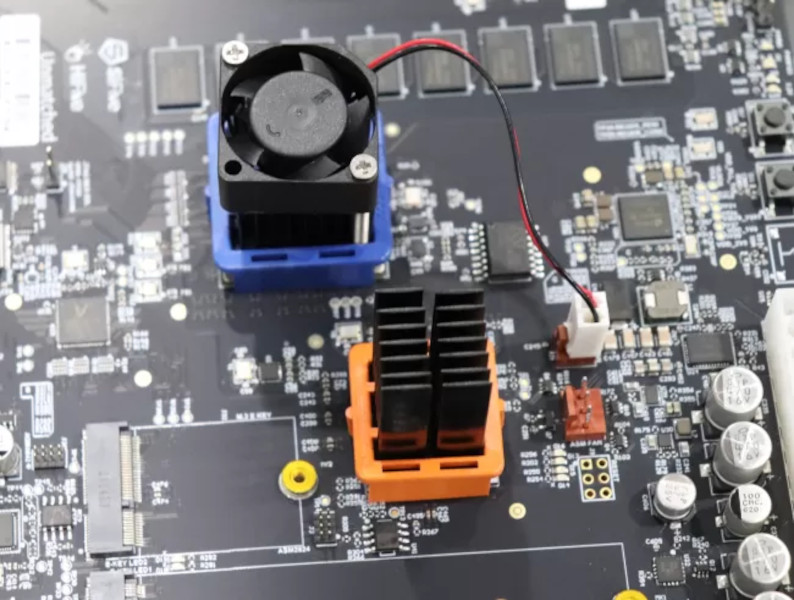Debian officially adds support for RISC-V
Over time, more and more computer manufacturers are turning to the ARM architecture and moving away from the bloated and outdated x86 instruction set. Apple is the biggest producer to take this step, but many others use ARM for its flexibility and efficiency. The only problem with ARM is that it's licensed, so if you want to go even further down the open source path, the RISC-V instruction set is the next logical step. Now at least one major Linux distribution will officially support this architecture.
While Debian had some support for RISC-V before that as a Debian port, which was not officially part of Debian. However, official support will begin with the release of Debian 13, which is currently in the testing phase and has yet to see a stable release. To that end, the current state of this official release is extremely limited, being described as "almost empty" but with planned support for 90 initial packages in the coming days. Most users working on a RISC-V platform will most likely continue to use their version of the Debian ports.
It may take a while before the RISC-V version is as complete as the ARM or x86 versions of this Linux distro, but we're happy to see it moving in that direction. And don't think that RISC-V is limited to embedded systems or otherwise limited computing platforms either. We've seen full Linux desktops with RISC-V processors since at least 2019.

Over time, more and more computer manufacturers are turning to the ARM architecture and moving away from the bloated and outdated x86 instruction set. Apple is the biggest producer to take this step, but many others use ARM for its flexibility and efficiency. The only problem with ARM is that it's licensed, so if you want to go even further down the open source path, the RISC-V instruction set is the next logical step. Now at least one major Linux distribution will officially support this architecture.
While Debian had some support for RISC-V before that as a Debian port, which was not officially part of Debian. However, official support will begin with the release of Debian 13, which is currently in the testing phase and has yet to see a stable release. To that end, the current state of this official release is extremely limited, being described as "almost empty" but with planned support for 90 initial packages in the coming days. Most users working on a RISC-V platform will most likely continue to use their version of the Debian ports.
It may take a while before the RISC-V version is as complete as the ARM or x86 versions of this Linux distro, but we're happy to see it moving in that direction. And don't think that RISC-V is limited to embedded systems or otherwise limited computing platforms either. We've seen full Linux desktops with RISC-V processors since at least 2019.
What's Your Reaction?






















